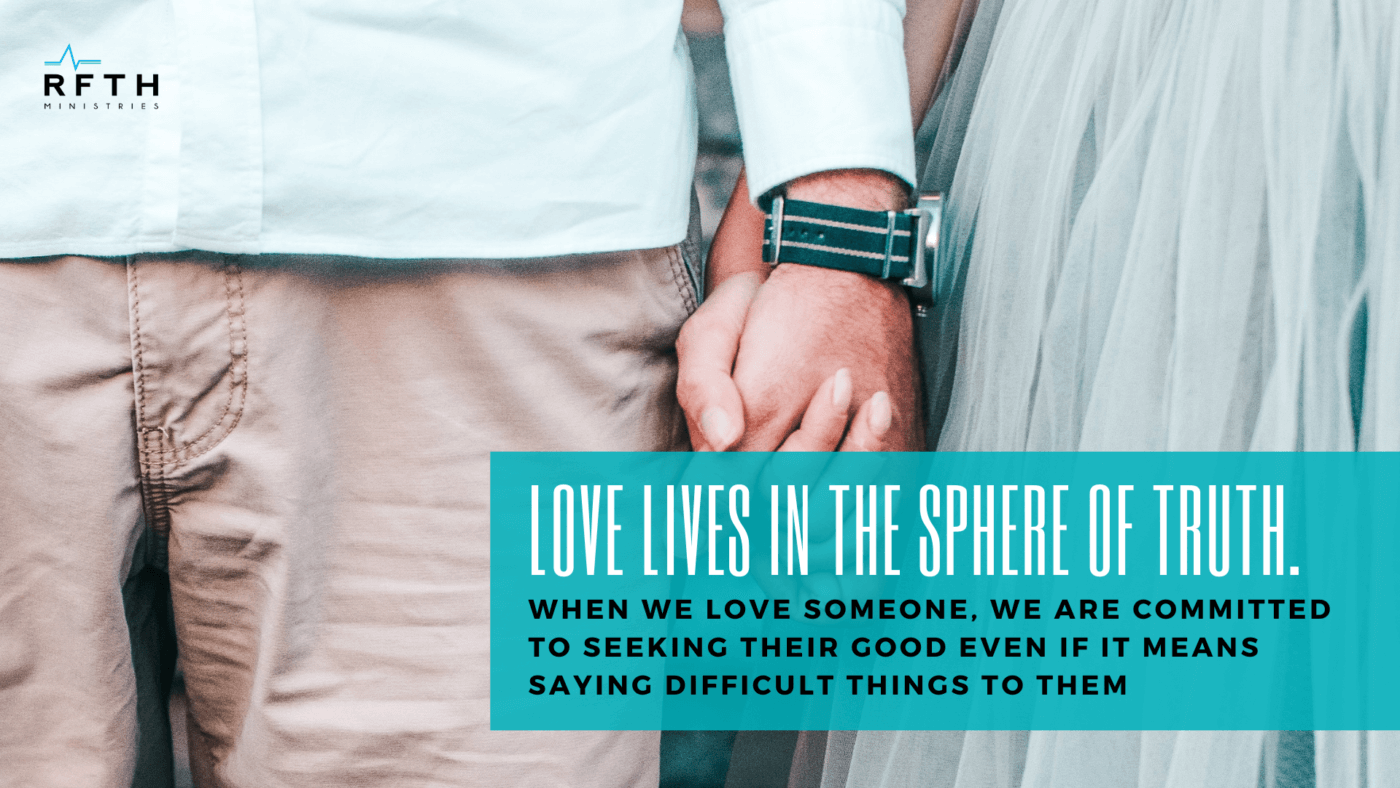
This is love: not that we loved God, but that he loved us and sent his Son as an atoning sacrifice for our sins. 1 John 4:10
I love my children.
I love my wife.
But then again, I also love hot dogs and a good steak. I love to go to the movies, and I love to read fiction when it’s raining. When you stop and think about it, it’s pretty astounding the number of contexts and times we use the word “love.”
Is it possible we might be mistaking some things for love that actually aren’t?
Here are three examples:
1. Entertainment
We are in the habit of saying we “love” the things that entertain us. Things that make us laugh, or make us cry, or just capture our attention for a little while. In other words, we “love” that which inspires a feeling in us.
That’s not all bad, because loving does involve genuine affection. But a larger part of love is not based on temporary feelings, rather on decisions made over and over again seeking the good of another person over and above your own good. If our love is based only on the feeling we get from a person or thing, then that love is really only a sappy sense of sentimentality.
2. Usefulness
We might also regularly mistake love for usefulness. That is, we “love” that which serves us or meets some need in us. We “love” a person who makes us feel good, or “love” a person who brings us physical pleasure, or “love” a person who raises our own reputation because we are around them. There is love represented here, but in the end, it’s really just the love of ourselves.
When we mistake love for usefulness, we assign value to other image-bearers of God based on what they can bring to us. We want people around us who can increase our pleasure, increase our power, increase our money, or any other number of things.
The question at the heart of this mistaken view of “love” is this:
What can relating to this person get or do for me?
And so we objectify others, all for the sake of our own personal gain.
3. Affirmation
Finally, we might be mistaking love for affirmation. In this view, we think loving someone means always agreeing with them. So we love the people who always affirm all our life choices, and we put ourselves in the kind of relationships where we never confront or disagree with someone else.
Love is not the same thing as affirmation. Love lives in the sphere of truth, because when we love someone we are committed to seeking their good even if it means saying difficult things to them. This is what God does for us – He tells us the truth about ourselves even when we are unwilling or unable to see that truth on our own.
Love – or at least the word – is all around us. But in many cases, both in us and in the rest of the world, it’s simply affirmation, entertainment, or utility masquerading as true love.
If we want the truth about love, the only option for us is to return to the Source:
Love consists in this: not that we loved God, but that he loved us and sent his Son to be the atoning sacrifice for our sins (1 John 4:10).
What is love to you?
Do you know the Source of love?
Written by Michael Kelley, Guest Contributor
To read more of Michael’s writing, check out his daily blog, Forward Progress http://michaelkelley.co/






